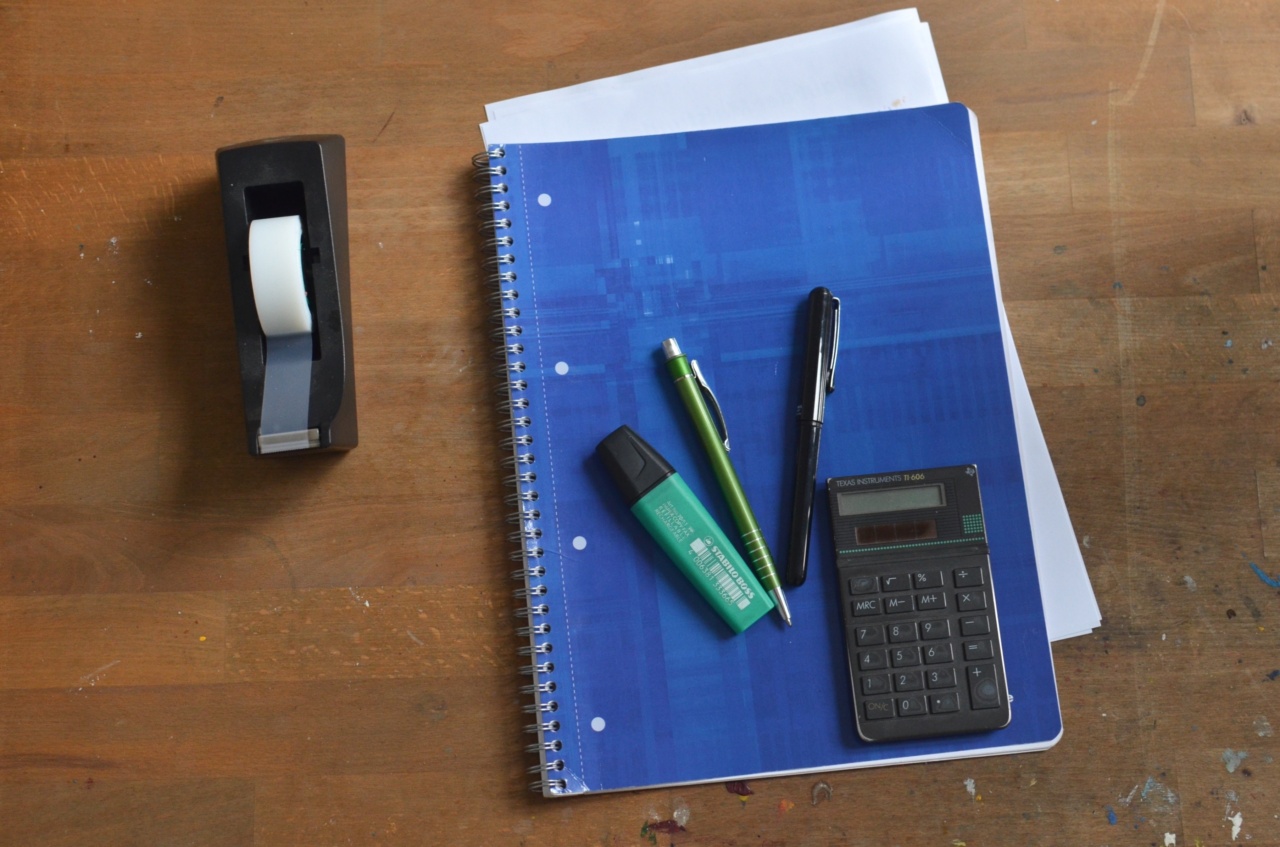Have you ever found yourself tossing and turning in bed, unable to fall asleep? Or do you struggle with getting quality sleep, even if you’re in bed for a full eight hours? You’re not alone.
According to the Sleep Foundation, one in three adults in the United States don’t get enough sleep on a regular basis.
Why Counting Sheep Doesn’t Work
When someone suggests counting sheep to help you sleep, you may feel frustrated. This technique, while popular, is actually not effective.
It doesn’t address the root causes of your sleep difficulties, such as anxiety, stress, or an uncomfortable sleep environment. Sheep counting can even be distracting, as it gives you a mental task to focus on rather than letting your mind and body relax into sleep.
What Does Work?
The good news is that there are many strategies available to improve the quality and quantity of your sleep. Every person is unique, so it may take some trial and error to find the methods that work best for you.
Addressing the Root Causes
If you’re struggling with sleep because of stress or anxiety, it’s important to address those issues during the day.
Consider talking to a therapist or counselor, trying relaxation techniques like yoga or meditation, or talking with a trusted friend. Make sure to carve out time in your day to do activities that you enjoy and that relax you. Reducing your stress and anxiety during the day will help you sleep more comfortably at night.
Creating the Ideal Sleep Environment
Another crucial factor in getting quality sleep is creating the ideal sleep environment. A comfortable mattress and pillows are a must, of course, but other factors can also make a big difference:.
- Keep your room cool (around 65 degrees is ideal) and dark. Blackout curtains or an eye mask can help reduce light pollution.
- Avoid screens for at least an hour before bed, as the blue light can disrupt your body’s natural sleep rhythms. If you must use screens, try using a blue light filter or getting special glasses.
- Reduce noise as much as possible. Earplugs or a white noise machine can help.
Establishing a Bedtime Routine
Another important aspect of improving your sleep quality is establishing a consistent bedtime routine.
Our bodies crave routine, so if you can train your body to expect sleep at a certain time each night, you’ll find it easier to fall asleep and stay asleep. Some tips for a successful bedtime routine might include:.
- Going to bed and waking up at roughly the same time every day, even on weekends.
- Having a relaxing wind-down period before bed. This might include taking a warm bath, reading a book, or listening to calming music.
- Avoiding stimulating activities before bed, like working on your computer or watching an action movie.
Taking Care of Your Body
Your body’s overall health and well-being can also have an impact on your sleep quality. Here are a few things to keep in mind:.
- Exercise regularly, but finish your workout at least two hours before bed. Regular exercise can both reduce stress and make you feel more tired at bedtime.
- Limit your caffeine intake, particularly in the afternoon and evening. Caffeine is a stimulant that can interfere with sleep.
- Avoid alcohol, particularly close to bedtime. While alcohol can make you feel sleepy at first, it actually disrupts your sleep as your body processes it.
When to Seek Additional Help for Sleep Problems
If you’ve tried these tips and are still struggling with sleep, it may be time to seek additional help. Sleep difficulties can be a sign of an underlying medical condition, such as sleep apnea or restless leg syndrome.
Talk to your doctor if your sleep problems are severe or ongoing. In some cases, medication or therapy may be necessary to help you get the sleep you need.
The Bottom Line
If you’re ready to catch some Z’s, don’t just count sheep.
Take a comprehensive approach to improving your sleep quality, including addressing underlying causes, creating an ideal sleep environment, establishing a consistent bedtime routine, and taking care of your body. With persistence and effort, you can train your body to fall asleep faster and stay asleep longer for a happier, healthier you.




























